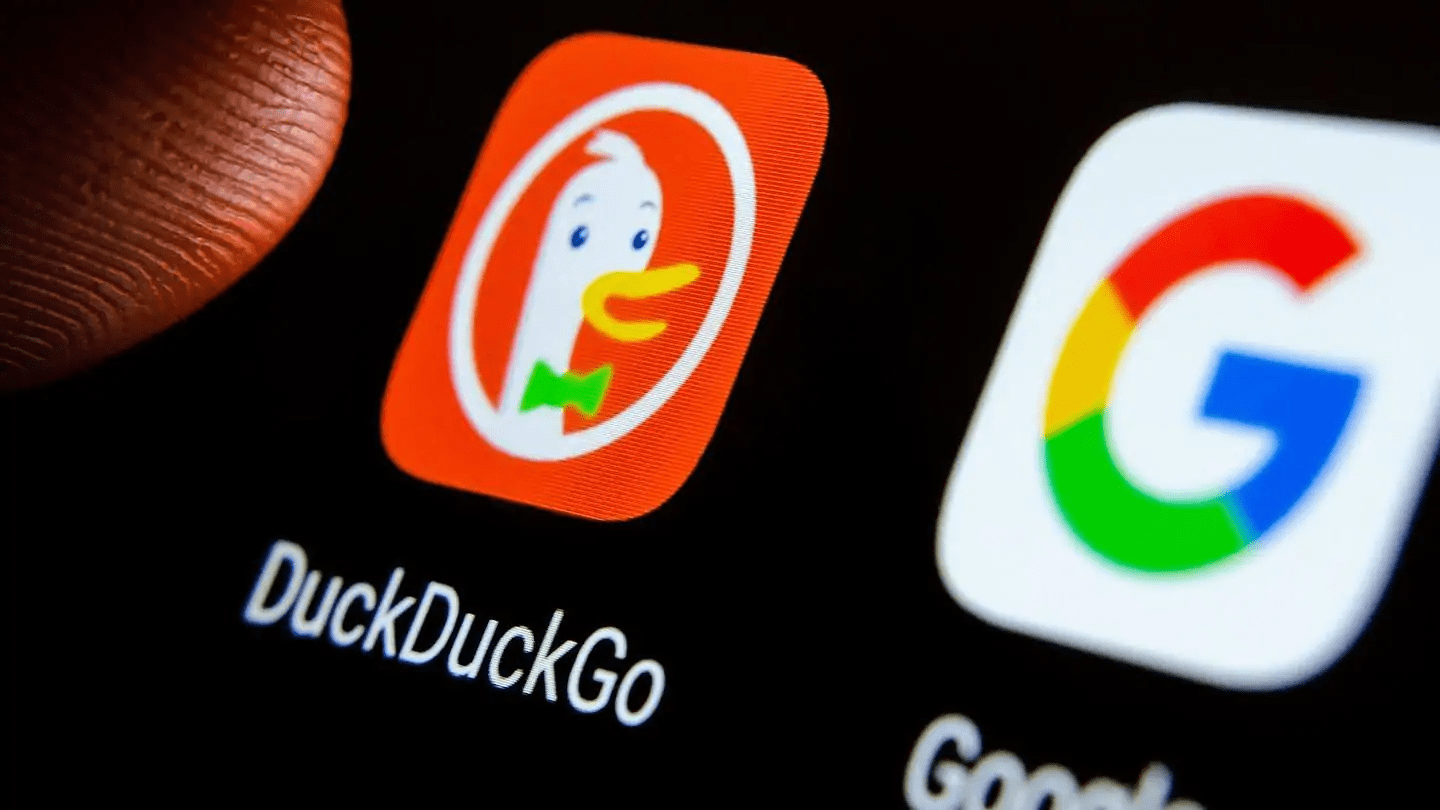
It is no surprise that Google dominates the search engine market. It stays at the top of the food chain due to its “industry standard”. Google is for sure the most relied on for professional and personal needs. However, competitors are always going to be striving for search market share. Consequently, there are going to be some commendable search engines. DuckDuckGo is one of those search engines that prides itself on its privacy policies, which it claims is better than the rest especially Google.
A Bit of Background
DuckDuckGo was founded in 2008, which still makes it relatively a new development. Its main appealing factor is that it claims that it does not store the personal information of its users ever. The following statement is present below the main search field, “Our privacy policy is simple: we don’t collect or share any of your personal information,”
Features worth Mentioning
The privacy forward search engine claims it does not follow its users around with ads since it does not store their search history, track user’s IP address thus has no personal data to sell or data sharing among third parties. This is applicable regardless if users are using private mode or not.
The reason why DuckDuckGO is far ahead of any of its competition is because of its privacy. The search engine provides a similar layout to Google. There are a couple of ads at the top and the bottom of each SERP, give or take one or two and depending on the search volume and competition around certain keywords and topics. Additionally, DuckDuckGo uses a similar method to optimize its search engine. It uses a web crawler along with almost 400 sources to compile search results, including other search engines like Bing, Yahoo, and Yandex, and sites like Wikipedia.
The search engine also offers a “Knowledge Panel”, which is a quick-access of information for important details such as name, address, phone number, website, etc. It also extracts data from user review sites such as Yelp, including reviews, addresses, phone numbers, and business hours. Whereas business-location directions are extracted from Bing maps, this is by default however users can change this pathway according to their personal preference.
Moreover, multiple features allow users to alter the search engine to their needs/preferences. This includes multiple features that Google already has but not all of them. Another attractive feature is that once a user has reached the end of a SERP, more results will appear directly below the current hence there will be a need to open up multiple pages. This makes the results much more convenient for the users to go through.
Another user favorite feature is the category pages. The category lineups are presented with concise descriptions with images in an organized manner. Much like Google, DuckDuckGo provides Instant Answers which are extracted from more than 100 sources around the web. While search vertical options include Web results, Image results, Video results, News results, Maps results. The search engine also has a site-search command called “!bang syntax” that makes searching one website much simpler.
Pros
- DDG’s main selling point is that it does compromise privacy. It is not confined to the filter bubble of personalized searches.
- Its uncluttered interface and straightforward user experience make using the platform a somewhat-distinctive search experience. The principal focus seems to be usability, which is quite apparent. Furthermore, it has a pleasant aesthetic while having the basic concept and layout of other search engines.
- Its growing popularity means that more users are opting for DDG, which means the search engine will gradually generate enough profit to increase its database and improve.
Cons
- The search engine is still far from Google, its main competitor. DuckDuckGo does not have the resources of fully developed search engines. However, it is evolving every year, there was a 10 million dollar investment in 2018.
- It owns almost a negligible part f the market share. DDG owned only 22 percent of the market share in 2017; this is significantly less than Ask, Yandex, and Baidu. All three of these are at the top of the search engine preference in the USA.
- DDG will always be in the shadow of Google, much like most o the other search engine out there. It will always be playing catch-up unless a breakthrough is achieved.
Things Google doesn’t have
- DuckDuckGo lets you see the social media profiles of people without leaving the search engine.
- There is even an option to search within a website.
- When you search for any popular app on DuckDuckGo and you will find that it shows a carousel full of apps with similar names.
- You can shorten and expand links.
- It generated passwords. Simply, head to DuckDuckGo and search for “Password 20”. You’ll see a strong 20-character password. You can replace the number to change the number of characters in the password.
- DuckDuckGo also has a stopwatch.
- You can even check whether websites are down by simply searching.
- DuckDuckGo also has an instant answer that finds rhyming words.
- It can show you the calendar for any year or data as instant answers.
- You can use the loan calendar to track your monthly installments.
- If you do not want to fully commit then you can simply add DDG as an extension on Google or safari.
http://techbii.com/dominate-serps-in-2021-with-featured-snippets-seo/
So should you switch?
The brand has high standards for privacy. Overall it is an efficient and respectable search engine despite its small piece of search market share. It is worth noting that DuckDuckGo’s annual traffic grew by 55 percent in 2017 and by 56 percent in 2018, this shows that the search engine has room for growth. It is an extremely commendable rival to Google and perfect for users who want to get out of the personalized search bubble.
It may be a bit daunting to adjust at first but there is no drastic difference in layout from other search engines hence navigating it will just take time. DuckDuckGo is in no way as gigantic as Google but it works just as well and you don’t sacrifice your privacy.








